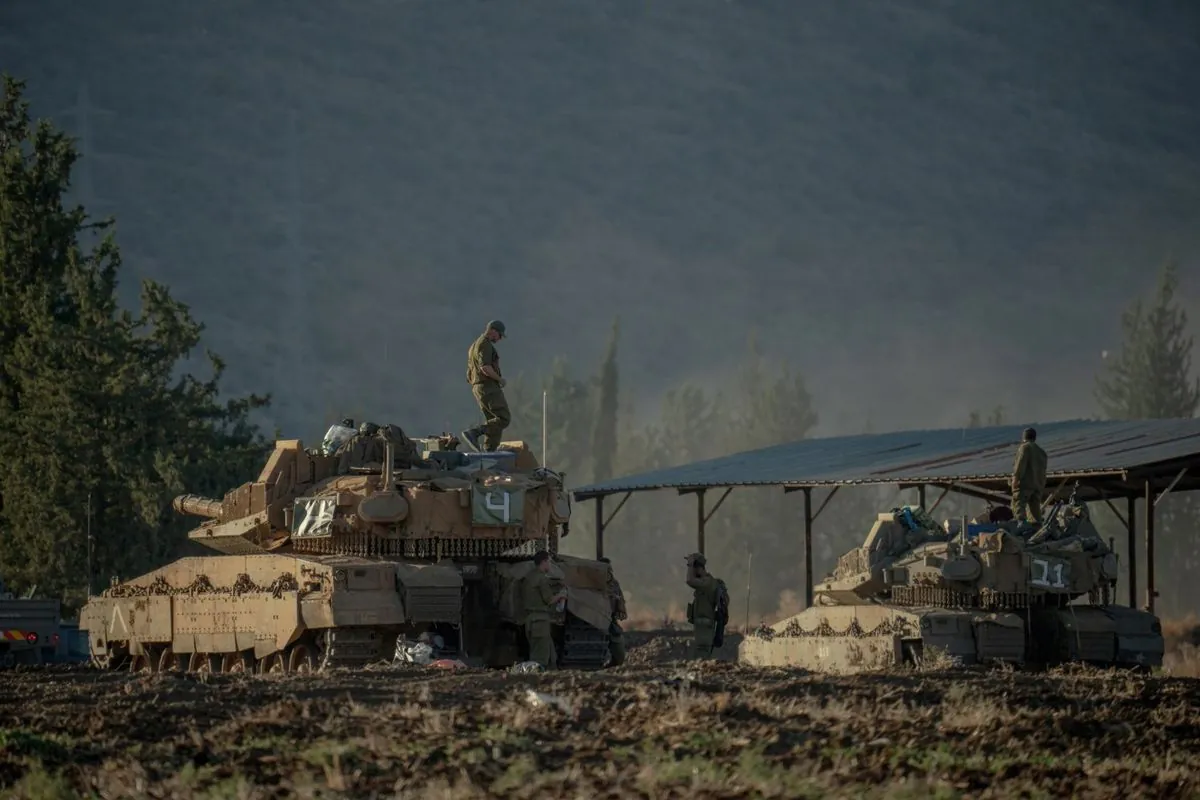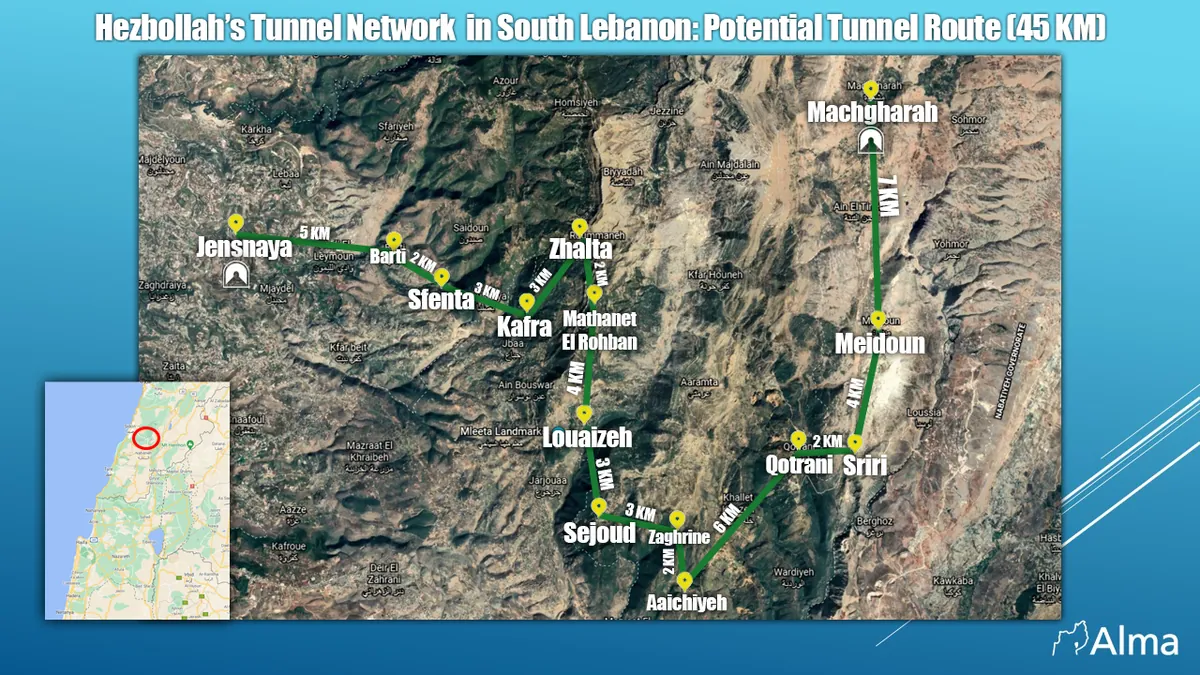Israel's Tactical Shift: Ground Offensive in Lebanon Targets Hezbollah
Israel launches limited ground operation in Lebanon, targeting Hezbollah. Recent successes in disrupting communication networks and eliminating key leaders showcase improved intelligence capabilities since 2006 conflict.

In a significant escalation of tensions in the Middle East, Israel has initiated a "limited, localized" ground offensive into Lebanon, targeting Hezbollah. This operation marks a new phase in Israel's expanded campaign against the Iran-backed militant group, which has been ongoing since October 8, 2023.
Hezbollah, founded in 1985 during the Lebanese Civil War, has long been a thorn in Israel's side. The organization, which combines Shia Islamism with Lebanese nationalism, has an estimated 25,000-50,000 fighters and receives substantial support from Iran. Its military capabilities have grown significantly since the 2006 conflict with Israel, with an arsenal now believed to include over 130,000 rockets and missiles.
Israel's recent actions against Hezbollah have demonstrated a marked improvement in intelligence capabilities. The Israeli military has successfully disrupted the group's communication networks by neutralizing thousands of pagers and walkie-talkies. This tactical move has severely hampered Hezbollah's ability to coordinate complex operations, potentially limiting their response to Israeli actions.
"This is a new type of warfare, and Hezbollah and Iran did not expect this."
Perhaps the most striking demonstration of Israel's enhanced intelligence was the precision airstrike that eliminated Hassan Nasrallah, Hezbollah's longtime leader, in Beirut just four days ago. This operation, along with the elimination of seven high-ranking Hezbollah commanders and an Iranian Revolutionary Guard Corps official, has dealt a significant blow to the organization's leadership structure.
The current conflict has its roots in the events of October 7, 2023, when Hamas launched an attack on Israel. Hezbollah began firing rockets into northern Israel the following day in solidarity with Hamas. Since then, the two sides have engaged in near-daily exchanges of fire across the Israel-Lebanon border.
Israel's approach in this conflict reflects lessons learned from the 2006 war, which was largely seen as an embarrassment for the Israeli government. In response to that conflict, Israel undertook a comprehensive review of its military and intelligence strategies. This led to the development of the Momentum Plan in 2019, which focused on rapidly neutralizing Hezbollah's military capabilities in the event of a future conflict.

Despite Israel's recent successes, Hezbollah remains a formidable adversary. The group has extensive experience from its involvement in the Syrian Civil War since 2013 and has developed advanced drone capabilities. It also maintains a vast network of tunnels along the Lebanon-Israel border, which may prove challenging for Israeli forces to neutralize.
The situation remains volatile, with Iran launching nearly 200 ballistic missiles at Israel in retaliation for the recent operations. This escalation has raised concerns about the potential for a wider regional conflict.
As the situation unfolds, the international community watches closely. Hezbollah's extensive influence in Lebanese politics and society, combined with its designation as a terrorist organization by several countries, adds complexity to any potential resolution. The coming days and weeks will be crucial in determining whether this limited operation escalates into a broader conflict or if diplomatic efforts can succeed in de-escalating tensions in this historically volatile region.


































